Why More Factories and Warehouses Are Cutting Costs with Solar Panels?
Jul 22, 2025
You can lower your building’s energy bills with solar panels. Factories and warehouses use a lot of energy. This can make costs hard to predict. Anern’s advanced solutions help with this problem. The EVO Inverter and high-efficiency solar panels give you steady prices. They also let you get good financial rewards. Many business leaders now pick Anern for big solar power projects. Anern is known for trusted commercial solar installation services. They also help warehouses save energy with solar upgrades.
Key Takeaways
Solar panels can reduce energy bills by up to 75%, helping factories and warehouses save money and control expenses.
Using large, flat rooftops to install solar panels can increase power generation and make use of otherwise unused space.
Financial incentives such as tax credits and subsidies can reduce the cost of solar systems and accelerate return on investment.
Solar systems with energy storage can keep business running during power outages and protect against the impact of rising energy prices.
Installing solar panels can reduce your carbon footprint and enhance your company’s sustainability profile.
Energy Demand
Industrial Power Use
Factories and warehouses need a lot of energy every day. They use power for machines, lights, heating, and cooling. Most of this energy comes from electricity and fossil fuels. The industrial sector uses about 32% of the world’s energy. Warehouses use 95 billion kilowatt-hours each year. Heating and lighting use most of this energy.
Metric
Value
Total energy consumption (2018)
528 trillion British thermal units (TBtu)
Average energy intensity
30.2 thousand British thermal units (MBtu) per square foot
Electricity consumption
325 TBtu
Natural gas consumption
199 TBtu
Space heating
39%
Lighting
15%
Manufacturing uses the most energy in this group. This includes making chemicals, metals, and food. Industrial energy needs keep going up. Other sectors do not use more energy. Some even use less. The chart below shows how much energy different warehouses use:
Tip: To save energy, focus on heating, lighting, and machines. These areas can help you save the most.
Cost Challenges
Energy costs go up every year. Industrial electricity prices have risen over the last ten years. This makes it hard to plan your spending. High bills can lower your profits and slow your business. Factories and warehouses cannot always make things more efficient. Most already work as well as they can.
Many owners now try to control these costs. Solar panels are a smart way to help. You can see real savings from projects like Anern’s 30KW off-grid solar system in Uganda. Using new solar technology can lower your bills. It also helps you control your spending. A good solar system protects your business from future price increases. Learn how solar panels for factories can help you. Anern has done many big solar projects. You can trust your investment will be worth it.
Solar Panels for Savings
Lower Utility Bills
Solar panels can help you pay less for energy each month. When you make your own electricity, you do not need the grid as much. This helps you avoid higher prices and surprise costs. Many factories save up to 75% on their bills with solar panels. If your bill is $1,000, you might save $750 every month. These savings grow quickly and help your business earn more.
Solar panels let you control your energy spending. You can protect your business from sudden price jumps and blackouts. You might even sell extra power back to the grid and make money.
Anern’s solar panels and battery systems, like the LifePO4 Solar Battery, help make this happen. These tools keep your machines working and lights on, even if the power goes out. Many companies already see these benefits. Anern’s 30KW off-grid solar power system in Uganda shows how solar panels give steady power and big savings in real life.
Here’s how solar panels help you save:
Make your own electricity at your building.
Pay less for energy each month.
Be less dependent on the grid.
Keep your business safe from rising energy prices.
Save extra energy to use later or at night.
You can find more industrial solar panel installations that help businesses save money and work better.
Maximize Roof Space
Your factory or warehouse roof can be very useful. Most big buildings have flat roofs with little shade. This makes them great for solar panels. You can use empty roof space to make energy.
Big, flat roofs let you add lots of solar panels.
Little shade means more sunlight and more power.
Strong roofs can hold heavy solar equipment.
Easy roof access makes fixing and checking panels simple.
Anern makes solar systems that fit your building’s needs. The custom commercial solar panel systems use special mounts and strong panels. You get the most power from every part of your roof.
You can also use batteries with your solar panels. This lets you use solar power at night or when the grid is busy. Many factories and warehouses get their money back in just 3 to 5 years. After that, your energy is almost free.
Tip: Use your roof as much as you can. More panels mean more savings.
Solar panels are a smart way to help your business in the future. With Anern’s trusted technology and real experience, you can save more and keep your business running well.
Financial Incentives
Tax Credits
You can save a lot of money with tax credits. The U.S. government gives the Investment Tax Credit (ITC). This lets you get back up to 30% of your solar costs as a tax credit. You pay less in taxes and keep more money for your business. You can also use something called MACRS. MACRS lets you get your money back faster by letting you depreciate your solar system over five years. In 2025, you can even take off 80% of the system’s value in the first year with bonus depreciation.
Some states help you save even more. For example, Pennsylvania gives property tax breaks, sales tax breaks, and Solar Renewable Energy Credits (SRECs). Texas lets you use the Solar and Wind Energy Device Franchise Tax Deduction. You also get a 100% break on property value increases from solar. These programs help you pay less at the start and make solar a smart choice for your factory or warehouse.
If you pick Anern’s solar solutions, you can use all these tax credits and incentives. Anern’s team helps you plan a system that fits your needs and gives you the best return.
Government Programs
Government programs and rebates make solar energy cheaper for businesses. You can use federal and state tax credits, property and sales tax breaks, net metering, and local rebates to save money. Net metering lets you sell extra power back to the grid. This means you can make money from your solar panels. Renewable energy certificates give you more income based on how much electricity you make.
Anern’s real projects, like the solar panel system for commercial use in Romania, show how these incentives work in real life. Many factories and warehouses have used Anern’s customized solar power solutions for industrial buildings to save money and earn more.
If you want to get the most savings, you should look into financial incentives for commercial solar projects. Anern’s experts can help you every step of the way, so you get all the savings you should. Start now and make your business stronger with solar energy.
Operational Benefits
Energy Independence
Solar panels help you control your factory’s energy. When you put solar panels on your roof, you make your own electricity. This means you do not need the grid as much. Your business is safer from sudden price changes or power loss. You do not have to worry about energy problems or blackouts.
Solar panels let you make electricity at your building, so you depend less on others.
You can add more panels as your business gets bigger, because solar systems can grow.
Solar gives you steady prices and helps you know your energy costs for 20–25 years.
Many factories and warehouses now have more energy freedom by picking industrial solar panel installation projects that match what they need.
If you use solar panels with battery storage, you get your own power supply. Anern’s EVO Inverter and lithium batteries let you save extra energy. You can use this energy at night or when it is cloudy. Your business keeps working, even if the grid stops.
Reliability and Storage
Losing power can hurt your business a lot. Even a short power cut can stop work, break machines, and cost lots of money. If you add batteries to your solar system, you keep your building safe from these problems.
Anern’s lithium batteries give you backup power when the lights go out.
These batteries last a long time, work well, and have smart controls.
You can use saved energy when electricity is expensive to save money.
“Solar and storage can give backup power when the electricity goes out, so important places can keep working and give needed services.”
Anern’s customized solar power solutions for industrial buildings have helped many companies avoid stopping work and losing money. For example, a warehouse in Uganda used Anern’s off-grid system to keep working during local power cuts.
You can also check your system live and use energy better. This makes your business stronger and helps you beat other companies. Look at commercial solar energy storage solutions to see how you can keep your business running, even if the grid fails.
Sustainability Impact
Lower Carbon Footprint
Solar panels help the planet. When you put solar panels on your roof, you make less carbon each year. Warehouses in the U.S. could cut over 112 million metric tons of CO2 with rooftop solar. That is like taking more than 24 million cars off the road. In the UK, warehouse solar panels could lower 2 million tonnes of carbon every year. A normal 10 kW solar system cuts about 4 tons of CO2 each year. Bigger systems, like Anern’s project in Uganda, save even more.
Today’s solar panels work better and last longer. You get clean energy for over 20 years after you pay for the system. This helps the environment and saves you money. Using commercial solar panel solutions for factories shows you care about a cleaner future.
Solar panels on your roof turn sunlight into clean power. You use less fossil fuel and help stop climate change.
Brand Image
Using solar energy makes your company look good. Customers and partners see you as a leader in helping the planet. You show you care about the earth and want to do good things. Many companies, like Supermercado Cristal in Brazil, got new customers and loyalty by using solar. Anern’s customized solar energy projects for businesses help you stand out.
Your company looks smart and forward-thinking.
You attract clients and partners who care about the earth.
You meet rules from suppliers and partners about being green.
You get noticed for being responsible and creative.
People see when you use solar. Your community, customers, and others think better of your business. You build trust and make your brand special. Solar energy is good for the planet and your business image.
Solar Panels help your business save money. They make your bills lower. You do not have to worry about prices going up. You can also get money from special programs. Anern makes solar systems that fit what you need. These systems help you get good results. Many companies use industrial solar panel installation projects, commercial solar energy storage solutions, and customized solar power solutions for industrial buildings. You can do this too. Talk to Anern for a solar check and start saving now.
FAQ
How much can you save with solar panels on your warehouse?
You can lower your energy bills by as much as 75%. Many companies get their money back in three to five years. Look at industrial solar panel installation projects to see real savings.
Can solar panels work during power outages?
Yes, if you use batteries and inverters. Anern’s EVO Inverter and lithium batteries help your business keep working. See commercial solar energy storage solutions for real examples.
What makes Anern’s solar panels reliable for factories?
Anern’s panels use new technology and strong materials. They last more than 20 years and work in tough weather. Many customized solar power solutions for industrial buildings show they are high quality.
Do you need a lot of roof space for solar panels?
Big, flat roofs are best for solar panels. You can use most of your roof to make energy. Anern designs systems to fit your building and get the most power.
Are there government incentives for installing solar panels?
Yes! You can get tax credits, rebates, and other help. Anern helps you find the best programs so you save more and get a better return.
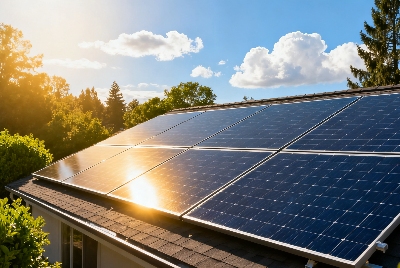
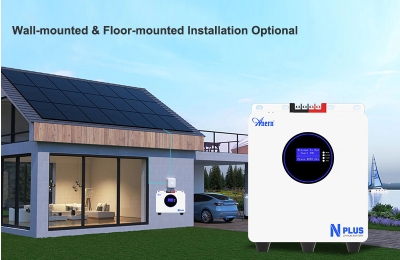
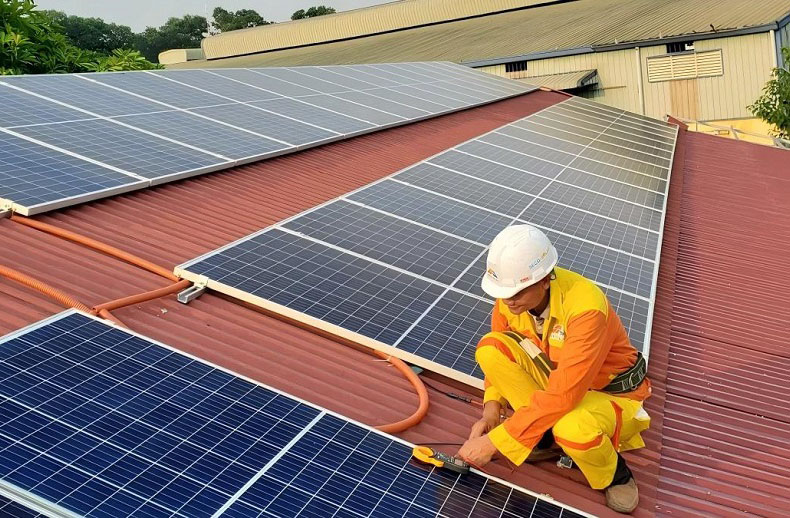
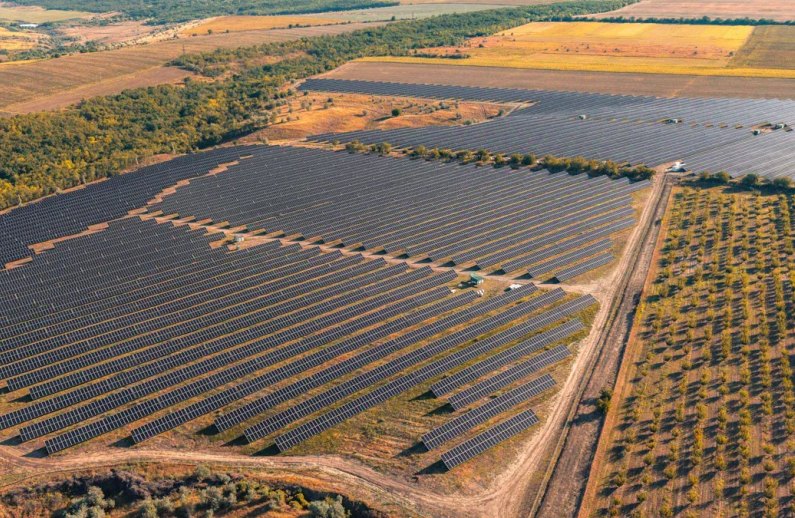
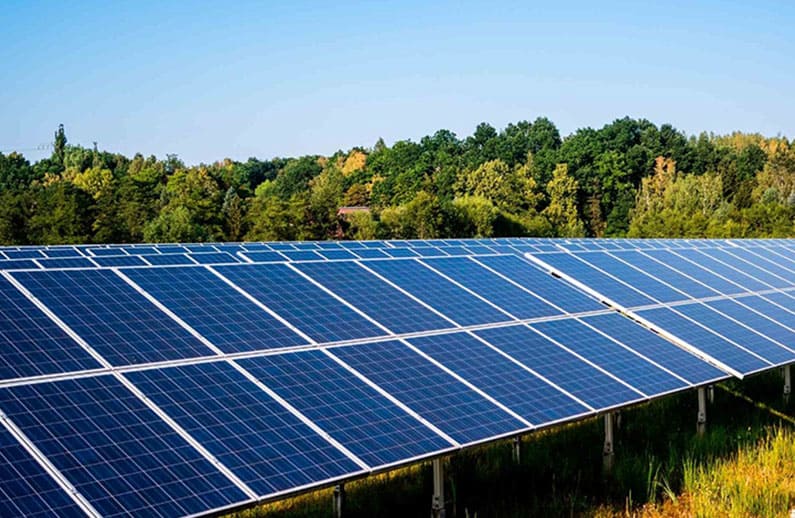
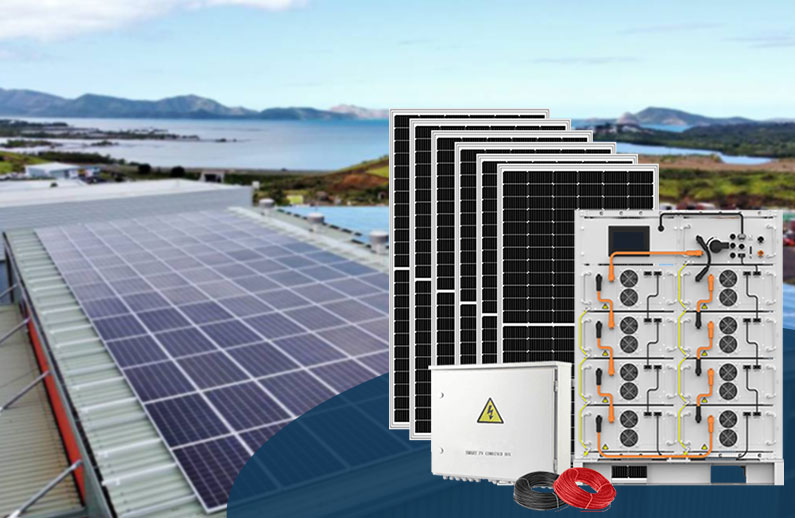
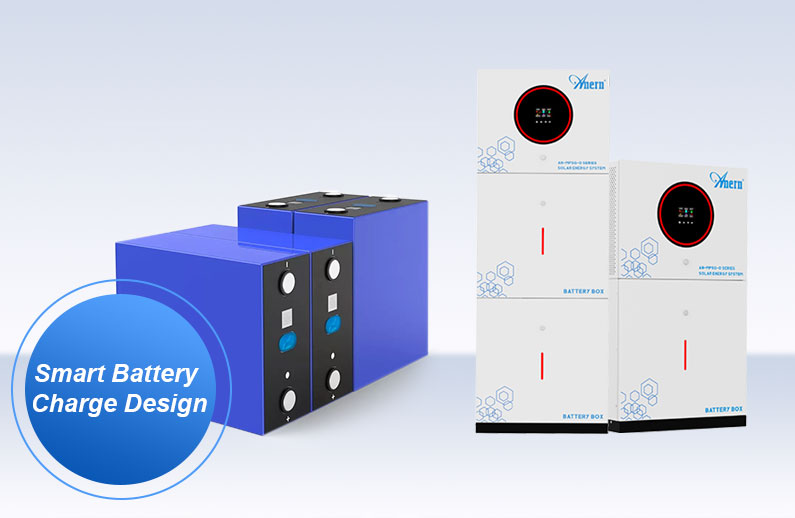
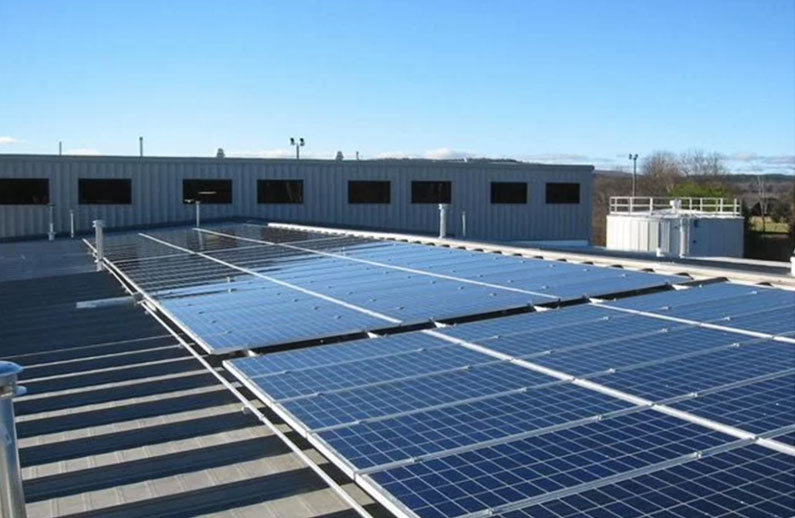

 Network Supported
Network Supported